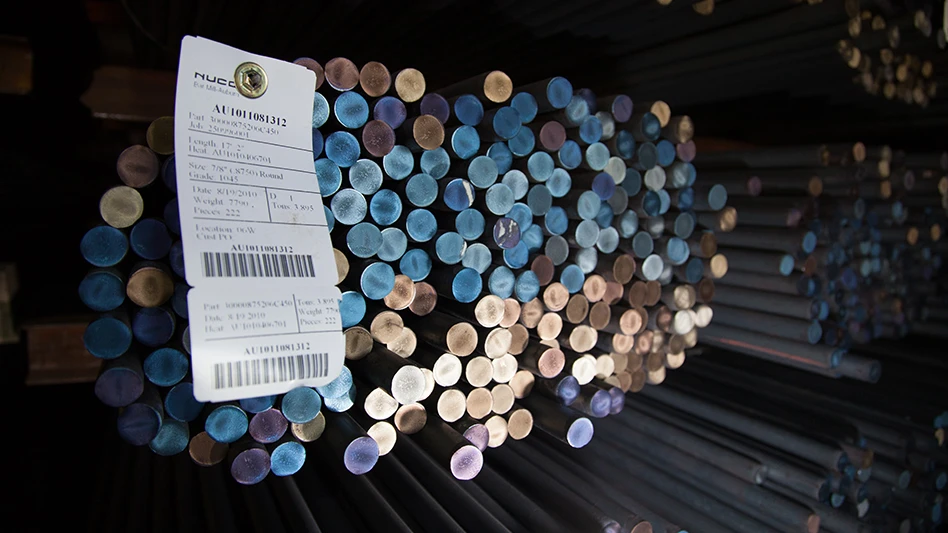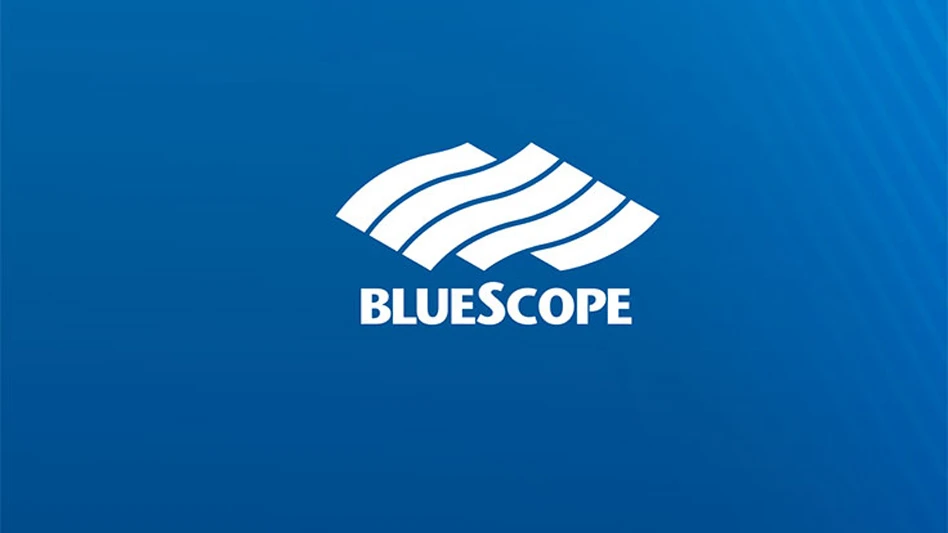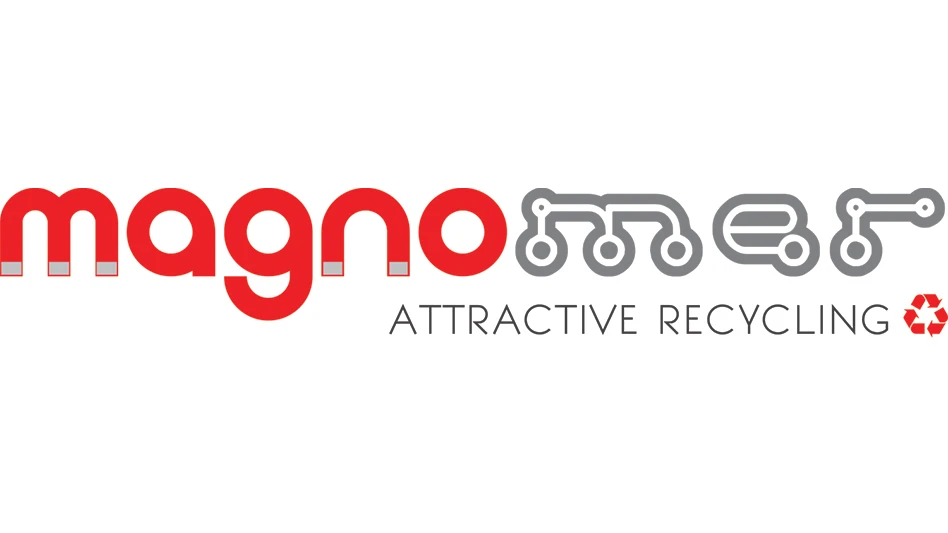
The Institute of Scrap Recycling Industries (ISRI), Washington, has released its position on proposals that could restrict the trade of plastic scrap commodities that will go before the Basel Convention when it convenes in Geneva Sept. 3-6.
By way of background, ISRI says that in March at the direction of the Basel Convention Conference of Parties, an Expert Working Group began to review the legally binding annex of the convention that pertains to what is considered hazardous materials as well the annex that determines what are disposal and recycling operations. The European Commission has proposed redefining certain recycling processes as “treatment” rather than recycling.
In June, the government of Norway proposed to the Basel Convention secretariat that plastic waste and scrap be removed from Annex IX (wastes not covered in the convention) and added to Annex II (categories of wastes requiring special consideration or “other wastes”), thereby placing plastic waste and scrap within the scope of the Basel Convention. Norway’s intent is to use the Basel Convention to address the marine litter crisis, ISRI says.
If both proposals are adopted, they could reshape the recycling industry and how scrap commodities are traded, the association says. ISRI notes that global trade of this material in 2017 was approximately 8.9 million metric tons, with a reported value of $4.3 billion. The U.S. exported 1.67 million metric tons of scrap plastics in 2017 with a value of $633 million.
Under the European Commission proposal, ISRI says processes such as dismantling, sorting, crushing, compacting, pelletizing, shredding, blending and mixing would be considered “mechanical treatment” and not recycling.
Norway’s proposal would result in “administrative burdens for plastic scrap traders worldwide,” according to ISRI. “More troubling for U.S. companies that import or export plastic scrap is that it would place a severe restriction on trade given that the United States is not a party to the Basel Convention, and, thus, there are only limited exceptions to prohibitions on trade between parties and nonparties.”
ISRI says it believes “the implications of adopting Europe’s definition would completely discredit the vital role recycling plays in the international economy. Adopting Norway’s plastics proposal would do more to discourage plastics recycling than it would help curb plastic waste in the oceans, and we believe recycling is part of the solution, not the problem.”
Regarding the European Commission’s proposal, the Brussels-based Bureau of International Recycling (BIR), of which ISRI is a member, says it “intends that its members’ manual and mechanical operations—such as dismantling, sorting, compacting, pelletizing and shredding—are correctly allocated in Annex IV as recovery and recycling operations.”
ISRI, as well as other representatives of manufacturers, users, processors, transporters, converters and recyclers of plastic materials, have sent a letter dated Aug. 28 to the chairs of the Basel Convention regarding Norway’s proposal:
The letter states, “[T]he proposal will erect new barriers to the responsible shipment, collection and recycling of used plastics. These impacts will increase risks of material mismanagement, especially in countries lacking adequate recycling infrastructure, which has contributed to the growth of marine debris.”
ISRI says it is “working aggressively through multiple channels to prevent these proposals from moving forward,” adding that Europe’s definition of recycling operations is still under consideration and will only be reported to meeting participants in September. Norway’s plastics proposal will be tabled at the meeting, and Basel Convention Members, with input from observers such as ISRI, will determine whether to pursue a more formal consideration of the proposal.
Latest from Recycling Today
- Survey outlines ‘monumental challenge’ of plastic packaging collection in UK
- Nippon Steel acknowledges delay in US Steel acquisition attempt
- BASF collaborates to study mechanical plastic recycling
- Commentary: navigating shipping regulations for end-of-life and damaged batteries
- Haber raises $44M to expand to North America
- Canada Plastics Pact releases 2023-24 Impact Report
- Reconomy brands receive platinum ratings from EcoVadis
- Sortera Technologies ‘owning and operating’ aluminum sorting solutions





